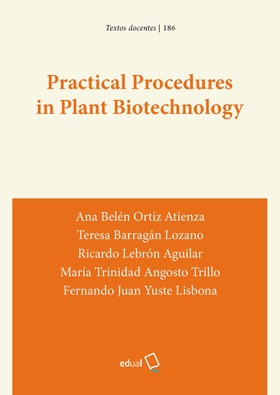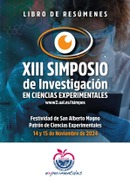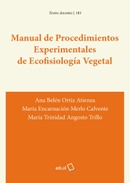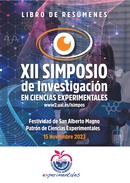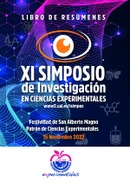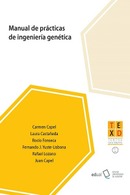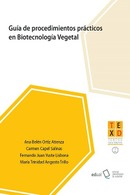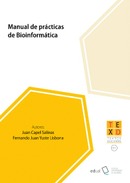Practical Procedures in Plant Biotechnology
Ana Belén Ortiz Atienza (Autor) , María Teresa Barragán Lozano (Autor) , Ricardo Lebrón Aguilar (Autor) , María Trinidad Angosto Trillo (Autor) , Fernando Juan Yuste Lisbona (Autor)
Biotechnology encompasses techniques that use living organisms or their parts to manufacture or modify products, improve plants or animals, or develop microorganisms for specific purposes. This means that for thousands of years, humanity has been engaging in biotechnology in an empirical way, without a scientific basis. The selection of spontaneous mutants or through crossbreeding between species has led to the development of many plant varieties, animal breeds, and microbial strains. Biological research has contributed to a much deeper understanding of how living organisms function, which in turn has led to the development of new production technologies and the creation of new products that can have a significant impact on industry, the environment, health, and food.
After numerous scientific advances, plant biotechnology today offers tools to understand plants at the cellular and molecular levels and to harness many of their characteristics for applied purposes in various productive sectors, particularly agriculture. We have moved from natural selection to hybridization, and from in vitro tissue culture to transgenesis. Biotechnological improvement through genetic engineering seeks to modify the expression of a plant’s own genes, introduce new genes from species that cannot hybridize naturally, complement hybridization techniques by introducing desirable genes into improved genotypes while avoiding backcrossing, and achieve the production of valuable compounds. As a result, the application of recombinant DNA techniques has led to the generation of so-called transgenic plants. To create a transgenic plant, a suitable piece of DNA must be integrated into the genome of a cell, and then a complete plant must be regenerated from that cell. Notably, plant cells are capable of regenerating into a whole organism (they are totipotent) if cultivated in an appropriate medium, which allows the production of plants from transformed cells. Although the first transgenic plants appeared only 40 years ago, today there are vast areas of transgenic crops in various parts of the world, and their products are already in the food market. Transgenic crops include varieties tolerant to herbicides, plants resistant to diseases, insects, and abiotic stresses, modifications to important nutritional properties, and the use of crops as bioreactors to produce pharmaceuticals, oils, and food additives.
The aim of this book is to introduce and describe the protocols and techniques applied in plant biotechnology that reveal some of the possibilities it offers. The practical guides presented cover various basic tools such as in vitro cultures, plant transformation techniques and identification of transformants, as well as the evaluation of transgenic foods and the use of molecular markers.
Cómo citar este libro
Ortiz Atienza, A. B., Barragán Lozano, T., Lebrón Aguilar, R., Angosto Trillo, M. T. y Yuste Lisbona, F. J. (2025). Practical Procedures in Plant Biotechnology. Editorial Universidad de Almería.
- Colección
- Textos docentes / E-Books
- Número en la colección
- 186
- Materia
- Biotecnología, <Genérica>
- Idioma
- Castellano
- EAN
- 9788413513591
- ISBN
- 978-84-1351-359-1
- Páginas
- 82
- Edición
- 1
- Fecha publicación
- 28-01-2025


